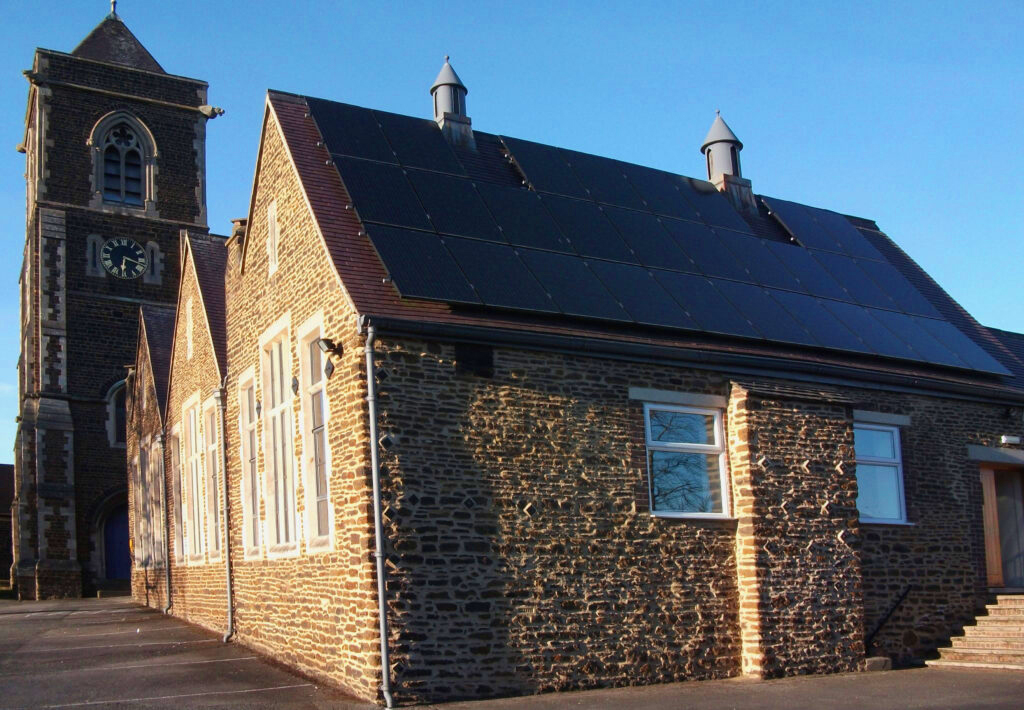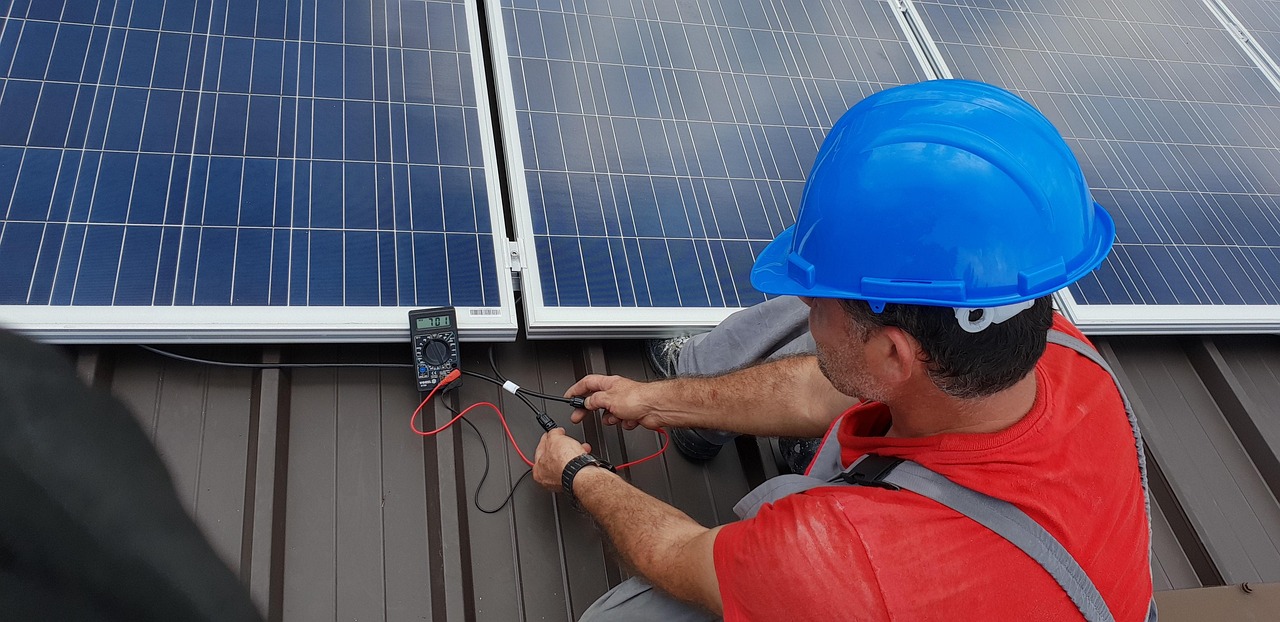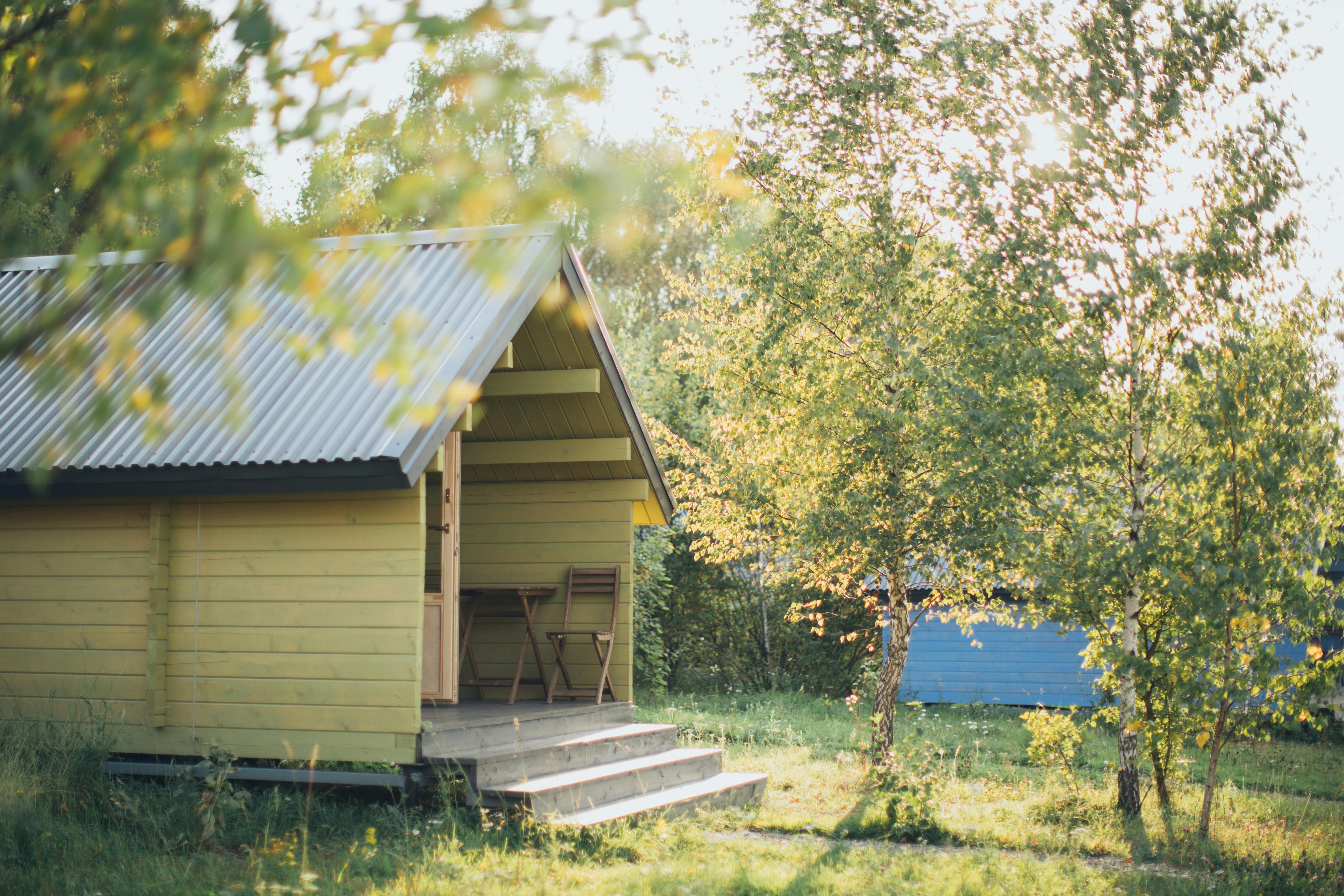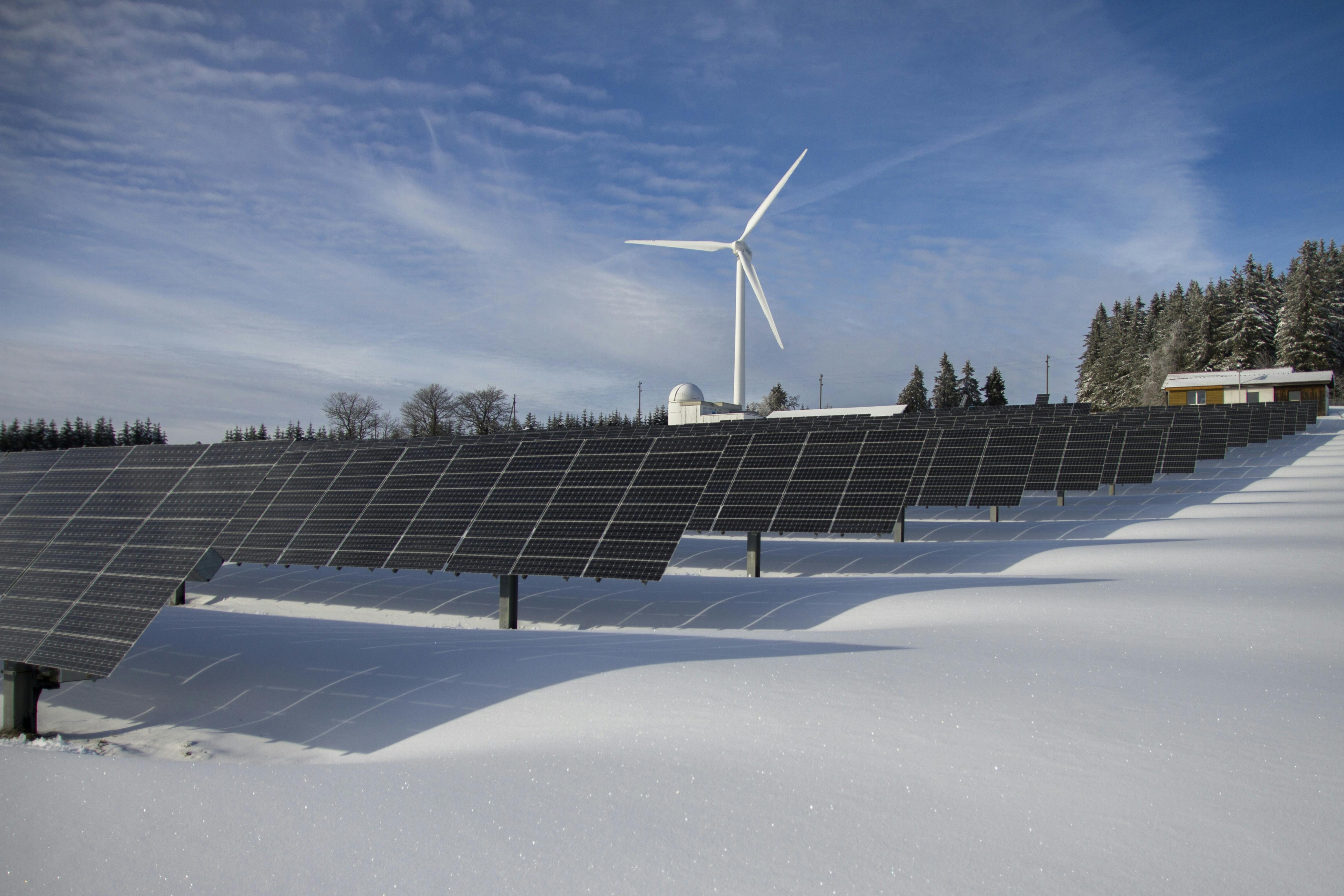What Roofs Are Not Suitable for Solar Panels?
Wondering what roofs are not suitable for solar panels? Learn what affects roofs' solar suitability.

What roofs are not suitable for solar panels? If you’re considering switching to solar energy to lower your electricity bills and reduce your carbon footprint, it’s important to know whether your roof is a good fit.
Not every roof is ideal for solar panel installation - certain materials, angles, and structural factors can make installation difficult or even impossible.
So, how do you determine your roof’s solar suitability? Factors like shading, available space, and roof type all impact solar panel efficiency. Some roofs may need adjustments or reinforcements, while others might not support solar panels at all.
If you’re unsure whether solar is right for your home, our solar savings calculator can help. Get a quick estimate of potential savings and find out if your roof is suitable for solar today!
Roof Types That Aren’t Suitable for Solar Panels
While many homes can support solar panels, some roof types and conditions make installation tricky, or even impossible. Factors like roof material, angle, shading, and structural integrity all play a role in determining roofs’ solar suitability.
Here’s a closer look at what roofs have more complex needs when it comes to solar panels, and why some homeowners may need alternative options.
- Thatched Roofs: Highly flammable and fragile, making installation risky.
- Slate Roofs: Prone to cracking, requiring specialised mounting solutions.
- Wood Shingle Roofs: Fire hazard and fragile, complicating installation.
- Clay Tile Roofs: Brittle and easily breakable under panel mounts.
- Flat Roofs Without Proper Tilt Options: Require extra mounting equipment for optimal sunlight exposure.
- Roofs with Heavy Shading: Trees, buildings, or chimneys can block sunlight, reducing efficiency.
- Old or Damaged Roofs: Weak structures may not support panel weight and may need repairs.
- Roofs with Limited Space: Skylights, vents, or chimneys can limit panel installation.
- Green (Vegetated) Roofs: Designed for plant growth, making panel installation difficult.
If you’re still unsure whether your roof is suitable for solar panels, try our solar panel calculator.
How to Determine If Your Roof Is Suitable for Solar Panels
Several factors influence solar panel performance, including angle, orientation, structural integrity, shading, and available space.
But what are the key considerations for roof suitability?
- Roof Angle & Orientation: The ideal roof angle for solar panels typically falls between 30° and 40°. South-facing roofs receive the most sunlight, while east and west facing roofs can still work but may be slightly less efficient.
- Structural Integrity: Solar panels add weight to your roof, so it’s crucial to ensure that the structure is strong enough to support them. Older or damaged roofs may require reinforcement or repairs before installation.
- Shading & Obstructions: Trees, nearby buildings, chimneys, and other structures can cast shadows on your roof, significantly reducing solar efficiency. If shading is unavoidable, additional technologies like solar optimisers or microinverters may help.
- Available Roof Space: A cluttered roof with skylights, vents, or windows can limit the number of panels that can be installed. The more uninterrupted space available, the better the system’s output.
How to Check Your Roof’s Suitability
Before committing to solar panels, it’s crucial to check whether your roof is a good match. Instead of guessing, use a tool like our solar panel calculator to get a clear answer. This free tool quickly assesses roofs’ solar suitability based on key factors like size, angle, shading, and location.
Using the solar savings calculator is an easy way to determine what roofs are not suitable for solar panels before spending time and money on quotes. If your roof isn’t ideal, you can explore alternatives like ground-mounted solar panels or battery storage to maximise efficiency.
Alternative Solutions for Homes with Unsuitable Roofs
If your roof isn’t suitable, consider installing solar panels on the ground instead. Ground-mounted systems offer several advantages:
- Optimal Positioning: Panels can be placed at the perfect angle and direction for maximum sunlight exposure.
- Easier Maintenance: Unlike roof-mounted systems, ground-mounted panels are more accessible for cleaning and repairs.
- No Structural Concerns: Since they don’t rely on your home’s roof, structural integrity isn’t a limiting factor.
Take the First Step with the Solar Panel Calculator
The MakeMyHouseGreen solar calculator makes it easy to assess your home’s suitability and estimate your potential savings. Whether your roof is ideal or you need to explore alternative solutions, this tool helps you make an informed decision and take control of your energy future.
Ready to find out how much you could save? Use our solar panel calculator today and take the first step toward a greener, more energy efficient future!
Ready to see what you can save?
Our solar calculator is 100% free to use. Enter your postcode below to get started.

Based on 400+ Trustpilot reviews






